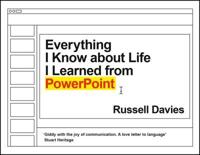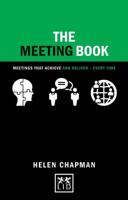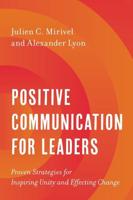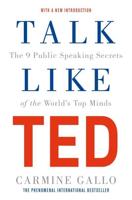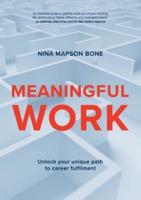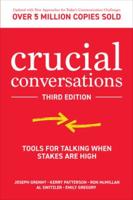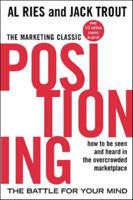Publisher's Synopsis
The biggest problem with remote work is the illusion that remote work is working. Most have hurdled the technological challenges of remote work, but this was the lowest hurdle. The higher hurdles have gone largely unaddressed. They include:
- Addressing remote worker readiness issues
- Establishing a sense of presence
- Monitoring, assessing, driving and delivering optimal performance
- Closing trust gaps
- Communicating effectively
In this book, you'll learn strategies for working from home effectively, using emotional intelligence to stay "plugged in" to the office and effectively managing interactions with managers, direct reports, coworkers, and stakeholders. The target audience is remote workers who want to deliver optimal performance from any location and managers who want to inspire optimal performance, while balancing trust with accountability. Emotional Intelligence is a set of emotional and social skills that establish how well we perceive and express ourselves, develop and maintain relationships, cope with challenges, and use emotional information. It has great utility in remote work situations. It can help you address readiness challenges with more creativity, enhance your sense of presence, drive and deliver optimal performance, close trust gaps and communicate more effectively. In this book, we'll review the relevant aspects of emotional intelligence, using the 15 emotional intelligence traits categorized in the EQi-2.0 model. We'll share tactics for using these traits to overcome remote work challenges in the areas of Readiness, Presence, Performance, Trust and Communication.
When you're done with this book, you'll be able to:- Explain why remote work should increase performance
- Identify your strengths and weaknesses as a remote worker
- Implement strategies to immediately improve remote performance
- Distinguish performance issues from remote worker readiness issues
- Describe the tools required for optimal remote work
- Develop a Communication Plan for managers, co-workers and customers
- Describe effective ways to establish a sense of Presence
- Provide effective responses to 7 common concerns about remote work
- Describe effective Monitoring and Trust strategies
- Identify 5 objective, pandemic-proof performance measures
- Describe effective strategies for closing trust gaps
- Use emotional intelligence to overcome remote work challenges

